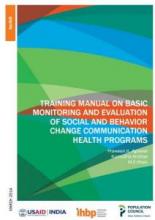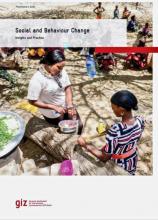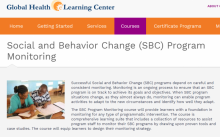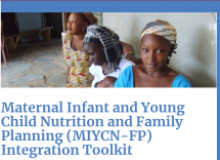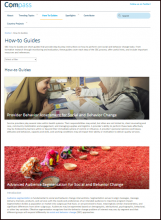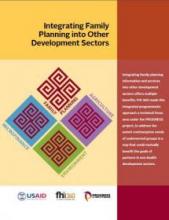Training Manual on Basic Monitoring and Evaluation of Social and Behavior Change Communication Health Programs
This training manual is organized around concepts of M&E for SBCC interventions with strengths and weaknesses of approaches and recommendations wherever applicable. The manual aims to strengthen efforts of SBCC interventions by building capacity to effectively monitor and evaluate intervention against desired outcomes and provide learning for SBCC strategies. This training is intended for master trainers, state program M&E officers and managers, district level officials and supervisors whose main job is to monitor SBCC interventions in their geographical area of work.

